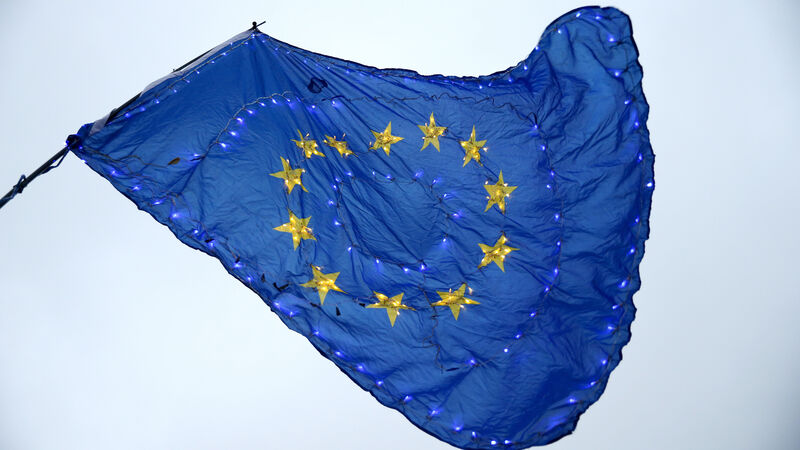Ireland 'well above' EU average for sale of counterfeit goods

The EU is heightening SME awareness of counterfeiting.
Ireland ranks “well above” the EU average for the sale of fake and counterfeit goods to consumers, a new report shows.
According to the European Union Intellectual Property Office (EUIPO) – which registers product trade marks and patents in the EU – last year, 13% of Irish consumers said they were misled into buying a counterfeit product.











